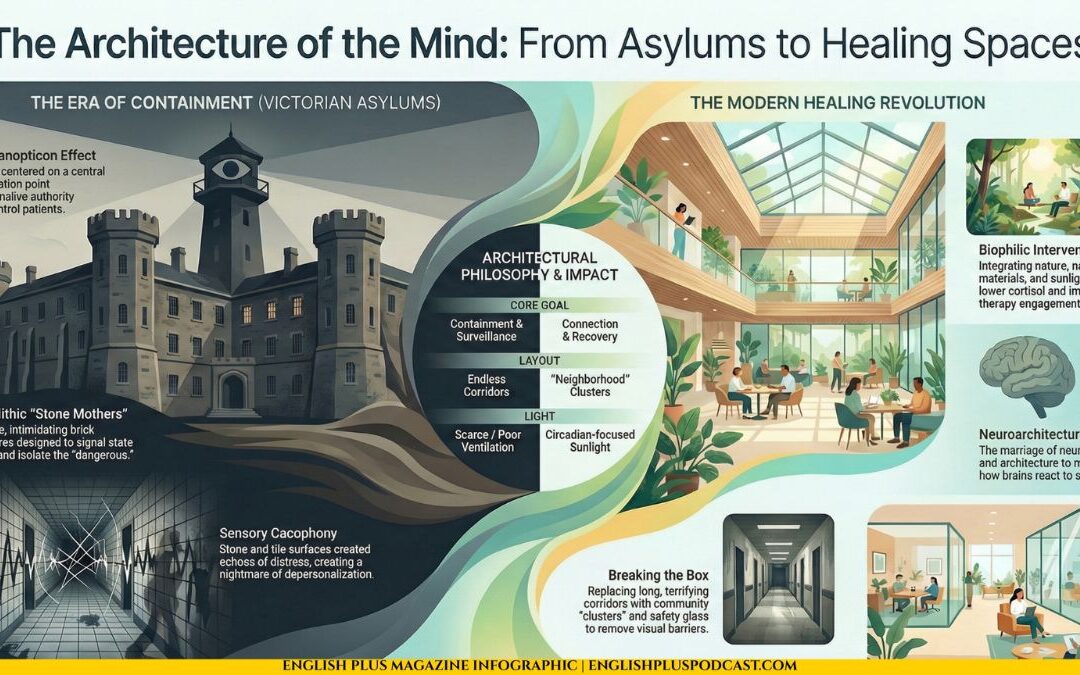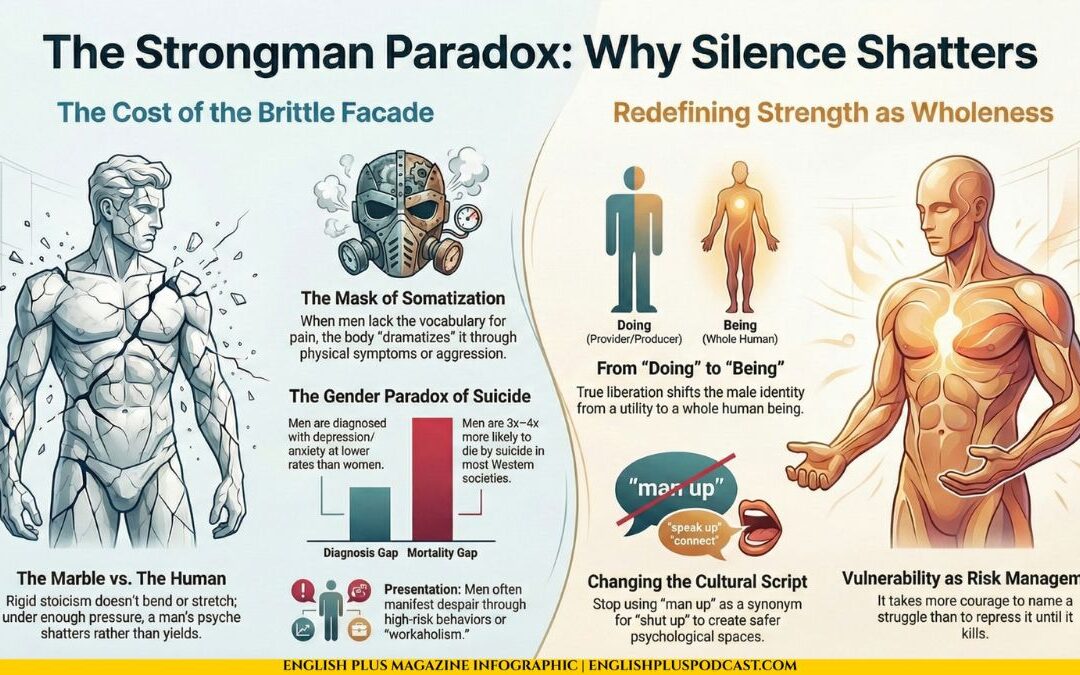Audio Episode
Introduction
Sociology is more than just the study of people; it’s the science of understanding the complex, often invisible, forces that shape our lives, our behaviors, and our beliefs. To truly engage with sociological ideas—to understand a research paper, participate in a debate, or write a compelling analysis—you need to speak its language. The specialized vocabulary of sociology provides the precise tools needed to deconstruct our social world and articulate complex ideas about power, identity, and inequality.
This quiz is designed as an interactive learning experience to help you master this essential lexicon. It’s not just a test of what you know, but a guided tour through the core concepts of sociological analysis. By completing this quiz, you will:
- Master Key Sociological Concepts: Learn 20 fundamental terms and see how they are applied in authentic academic contexts.
- Understand Nuanced Distinctions: Grasp the crucial differences between concepts like social mobility and cultural capital, or structure and agency.
- Learn Actively Through : Receive instant, detailed explanations for every option, right or wrong, turning every question into a valuable lesson.
- Sharpen Your Analytical Skills: A strong vocabulary will empower you to think more critically about social issues and express your own insights with academic rigor.
Are you ready to see the world through a sociologist’s eyes? Let’s begin.
Learning Quiz
This is a learning quiz from English Plus Podcast, in which, you will be able to learn from your mistakes as much as you will learn from the answers you get right because we have added feedback for every single option in the quiz, and to help you choose the right answer if you’re not sure, there are also hints for every single option for every question. So, there’s learning all around this quiz, you can hardly call it quiz anymore! It’s a learning quiz from English Plus Podcast.
Quiz Takeaways
Hello and welcome. If you have just completed the quiz, well done. You have just engaged with some of the most fundamental building blocks of sociological thought. Sociology has a specialized vocabulary for a reason: it allows us to name, and therefore analyze, the complex and often hidden forces that shape our lives. These words are not just jargon; they are concepts, analytical tools that allow us to see the world with a new level of clarity. Today, let’s unpack some of these tools and see how they fit together.
At the very core of sociology is the debate between structure and agency. Think of it as the ultimate chicken-and-egg question of social life. ‘Structure’ refers to the broad, overarching patterns and institutions of society—things like the class system, the education system, and the political system. It’s the social framework we are born into that constrains our choices. On the other hand, ‘agency’ is our individual capacity to act independently and make our own choices. Are we simply puppets of the social structure, or are we free agents who create our own destiny? Most sociologists agree that the truth is a complex interplay between the two. Our agency is always exercised within the limits and possibilities that the structure provides.
So, how does this structure work? One of the most important ways is through socialization. This is the lifelong process where we learn the rules of the road for our society. We internalize its values, beliefs, and, crucially, its social norms—the unwritten rules for acceptable behavior. These norms can be minor folkways, like not talking with your mouth full, or they can be powerful mores tied to morality, like the prohibition of murder. When this process of socialization breaks down, and people no longer feel connected to society’s norms, a state of anomie, or normlessness, can occur, which Émile Durkheim linked to higher rates of suicide.
A key part of the social structure is social class, or stratification. Societies are layered, and these layers aren’t random. This is where French sociologist Pierre Bourdieu gave us some incredibly useful tools. He argued that it’s not just about money, or economic capital. People also possess social capital, which is the value of their social networks—who they know. And perhaps most subtly, they possess cultural capital. This is the collection of tastes, knowledge, and competencies that are valued by the dominant culture. Knowing about opera, playing polo, or having a certain accent can function as capital that helps you navigate and succeed within powerful institutions, creating a self-perpetuating cycle where advantage is passed down through generations. The nature of class often appears hereditary, not through genes, but through the inheritance of these different forms of capital. This makes social mobility, the ability to move up or down the class ladder, incredibly difficult.
How does a dominant group maintain its position? It’s not always through overt force. Italian thinker Antonio Gramsci gave us the concept of hegemony. This is a form of power where the ideology of the dominant group becomes so pervasive that it’s seen as “common sense.” It’s when we accept certain ideas as natural, without realizing they actually support a particular power structure. Sociologists often seek to deconstruct these hegemonic ideas—to take them apart and show how they were built and whose interests they serve.
We also see social structures made visible in the world around us. A gated community, for example, is a physical manifestation of class division. The process of gentrification, where wealthier people move into urban neighborhoods, is a visible sign of shifting class dynamics in our cities.
Finally, sociology gives us tools to understand identity. The framework of intersectionality is a powerful lens for this. It argues that we cannot understand a person’s experience by looking at one aspect of their identity in isolation. The experience of being a woman is different from the experience of being a working-class woman, which is different again from the experience of being a disabled, working-class woman. These identities intersect to create unique experiences of both privilege and oppression. In our modern, capitalist world, we also see the commodification of the self, where our identities are treated like products to be branded and sold.
From understanding the broad paradigm shifts that remake society, like the development of the internet, to analyzing the subtle workings of cultural capital in a classroom, this vocabulary is your analytical toolkit. It allows you to move beyond surface-level observations to a deeper, more critical understanding of the social world. Keep using these terms, and you’ll find yourself not just observing society, but truly analyzing it.












0 Comments